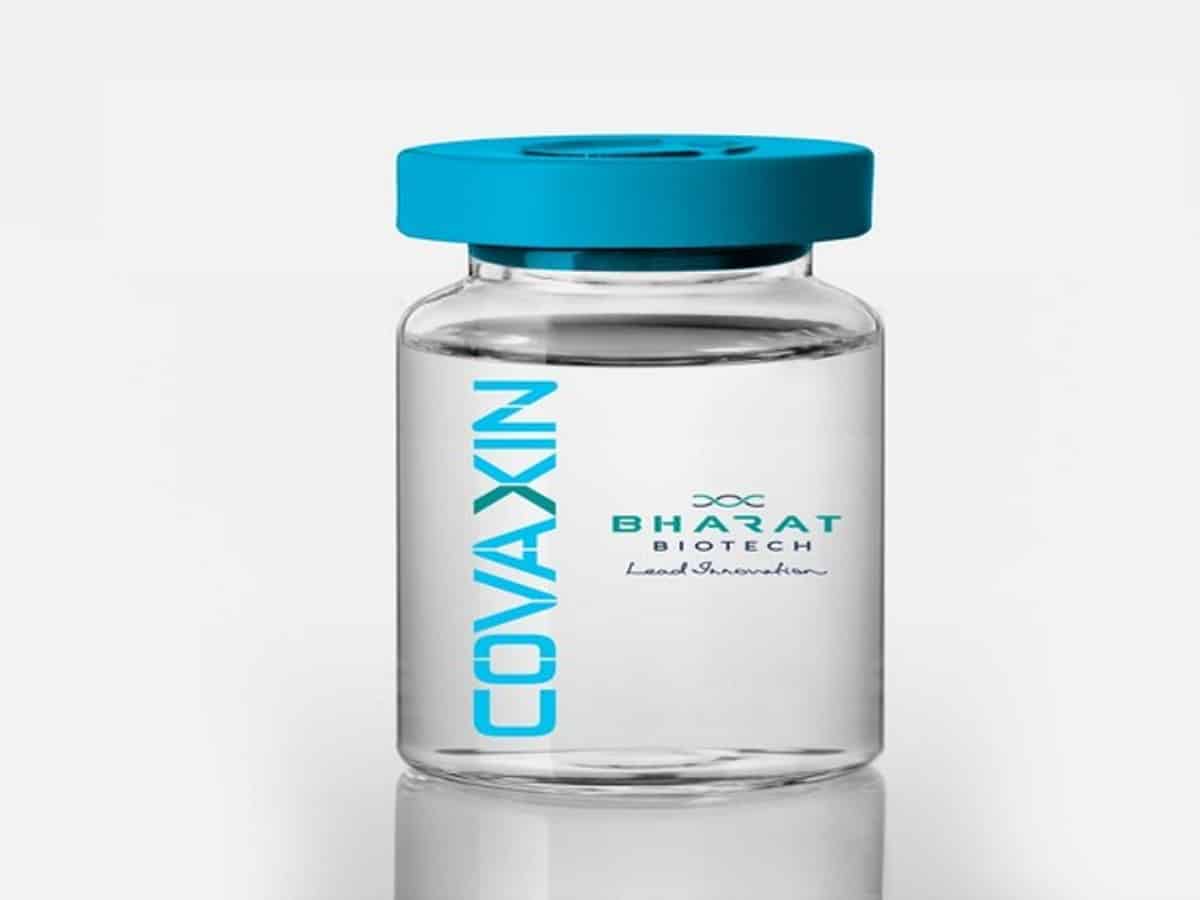Hyderabad: Bharat Biotech, which is working on an intranasal COVID-19 vaccine candidate is hopeful of getting regulatory licenses this month, if all goes well, Chairman and Managing Director of the company, Krishna Ella said.
He also has said BBIL (Bharat Biotech International Limited), which has a vaccine manufacturing plant in Ankleshwar in Gujarat is one of the two plants in the world capable of producing vaccine for monkeypox disease. The other one is in Bavarian Nordic, Germany.
We will be applying for licenses and (they) should come. If everything goes well, we know by next month (August). You (people) would rather get the coronavirus nasal vaccine and if any variant comes it is easy to plug in quickly and move fast. So we are optimistic that both injectable and nasal strategy will work protecting people’s lives in the future, any variant comes also we can handle, he said in a recently held event.
Hyderabad: Interstate drug peddling gang busted, cash seized
Ella said the firm completed clinical trials of the nasal vaccine with about 4,000 volunteers and there is no single instance of side effect or adverse reaction reported so far.
The Drug Controller General of India gave its nod to conduct clinical trials for BBIL’s intranasal vaccine as booster dose.
Separately, the DCGI also granted permission to the firm to conduct phase-3 clinical trial to compare the immunogenecity and safety of BBV-154 (intranasal) with Covaxin. This trial has been permitted to be conducted at nine sites.
Justifying the reason for a nasal vaccine for coronavirus, he said any injectable vaccine only protects the lower level (of the body). That’s why people who were vaccinated with injectable vaccines may still get RT-PCR positive, whereas the nasal jab gives protection to the whole body.
Replying to a query, he predicted that the country may face higher hospitalisations with the emerging coronavirus variant BA.5 as the new form may evade the vaccine .
It is totally different from delta variant. It is totally different from omicron also. They call “deltaomicron”, a combination of both. I think if that attacks then it is going to be an issue. But we keep watching. We are working on that also. Risk mitigation we are trying to do. We are well prepared now… I think hospitalisation will increase if there are BA.5 attacks, Ella said.







